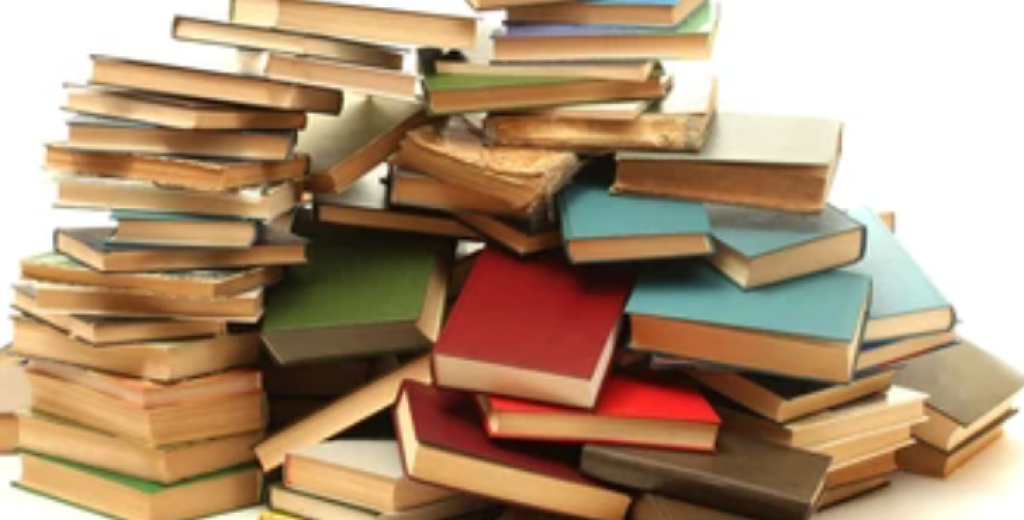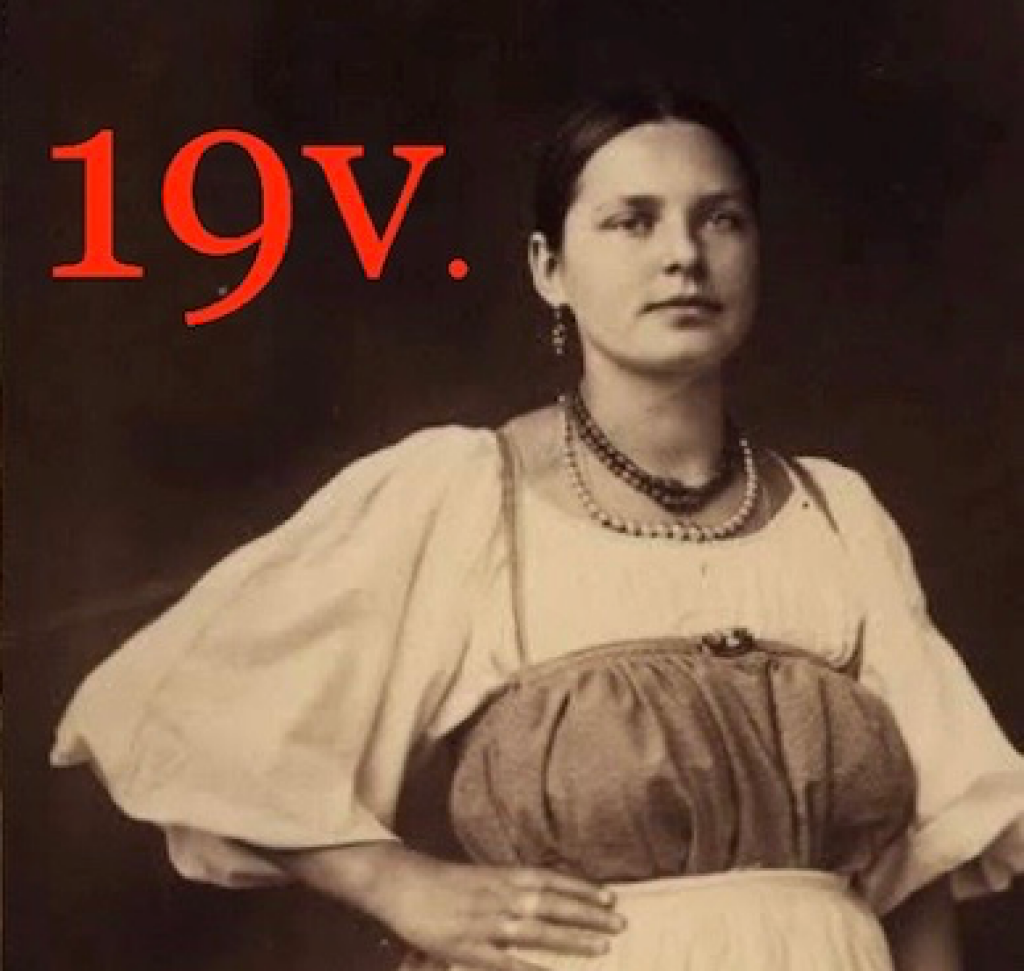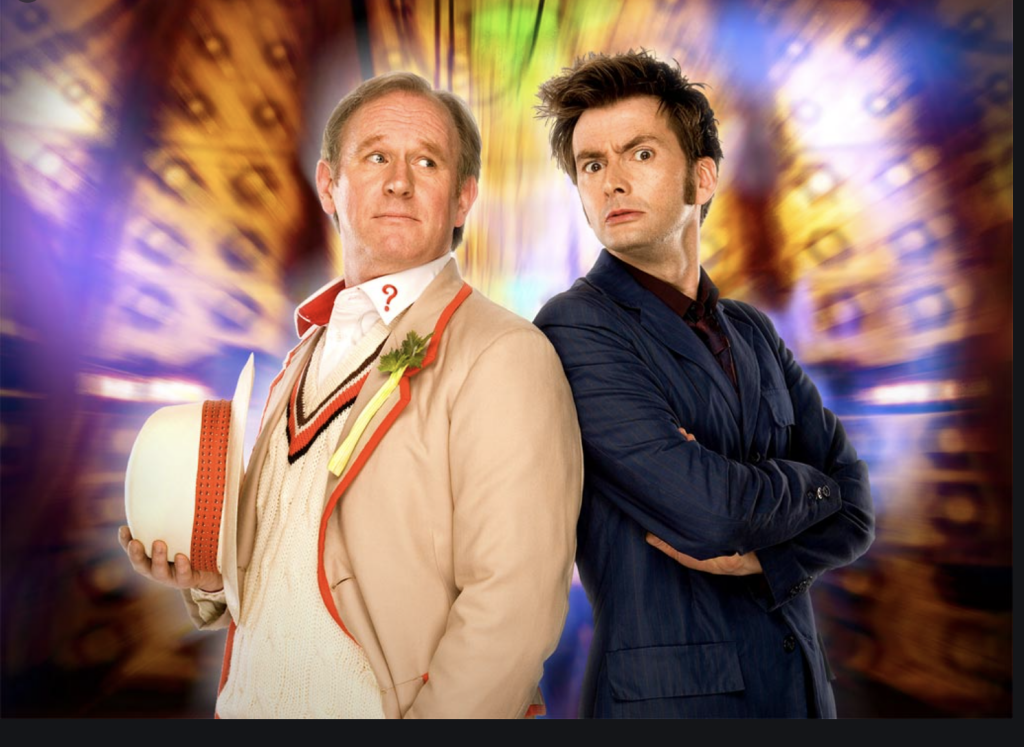We at the Jordan Center stand with all the people of Ukraine, Russia, and the rest of the world who oppose the Russian invasion of Ukraine. See our statement here.
Susan Smith-Peter is Professor of History and Director of the History MA and Public History programs at the College of Staten Island/ City University of New York. Her book, Imagining Russian Regions: Subnational Identity and Civil Society in Nineteenth-Century Russia, was published with Brill in 2018.
The invasion of Ukraine has already prompted serious self-reflection among scholars of Russia, and this process must continue, building on the work of such scholars as Vitaly Chernetsky and the group around Ab Imperio. In her recent comments to Slavic Review in response to the invasion, one member of that group, Marina Mogilner, said that the field of Russian studies must be decolonized. I want to respond to that call and examine what Russianists owe today’s Ukraine.
Scholars of Russia are addicted to the Russian state. Not to today’s state under Putin, but to the concept as such. Russian historiography was founded by Nikolai Karamzin, whose History of the Russian State set the scene for the belief that statehood was the true measure of history — a statement that can be challenged and qualified in each of its parts. After Karamzin, there were many attempts to recast Russian history as being about the Russian people or other groups, but these have tended to be non-dominant approaches. Even scholars working directly on social groups tend to see them through two lenses: the Russian state and society [gosudarstvo/ obshchestvo]. Rarely is the state absent.
As scholars of Russia, we need to undertake a searching moral inventory to see the ways in which we have taken the Russian state’s point of view as a default. Have we in any way taken part in the glorification of the Russian state that Putin has taken to a pathological extreme? Has our field participated in casting Ukraine as a state without history in our own way? After all, back in 1995, historian Mark von Hagen felt compelled to ask, “Does Ukraine Have a History?” and to argue "yes" in a way that Russianists were never called upon to do. This post is not intended as a complete review essay, but rather as an invitation for my fellow scholars of Russia to consider undergoing a process of self-reflection and questioning.
Because historians of Russia rely heavily on Russian state archives, the dominant vision of the Russian state becomes normalized. Ironically, the focus on the availability of archives after 1991 may have preempted a larger discussion about the need to decolonize the narrative. Often what scholars found at the local level was another level of the state, rather than a new story. My own work, as well as that of Catherine Evtuhov, Katherine Pickering Antonova, Ekaterina Boltunova, and many others has brought the work of local authors and local archives to a wider audience, but the through line of Russian history remains the development of the centralized Russian state. Even in my own work, I have often worn bifocals — seeing both like the state and like the local actors I write about. Scholars in Ukrainian Studies are unlikely to take the viewpoint of the Russian state, which can lead to their work being sidelined as a separate historiographical tradition not integrated into the "statist" narrative.
The sources and the larger historiographical tradition reinforce one another. It is not uncommon to read histories of non-Russian areas told mainly through the experiences of Russian imperialists of various eras. With few counterexamples, even where views of the colonized people themselves may be included, the operative word remains “other.”
Scholars of Russian literature often reproduce a hierarchy of worth that requires rejection of regional diversity in order to be at the center of the field. Chekhov’s sense of the placeless province and Gogol’s definition of Russian provincial space as meaningless are canonized, while Gogol’s Ukrainian works, which are rife with detail and meaning, are less studied. Melnikov-Pechersky is considered a “minor” writer because of his regional content. Authors who echo the view from the Russian state’s commanding heights, which flatten and erase regional distinctiveness, are regarded as the “proper” subjects of study. This conventional wisdom sees Russian-Ukrainian literary exchange as a minor question, even though Gogol is one of Russia’s (?!) great writers. Those questioning this framing, such as Anne Lounsbery with her work on provinces and literature, tend to be the exception rather than the rule. I would be glad to hear more from political scientists and Russianists in other fields about the points I raise here as well.
Let me share my own experience. I have been working on the issue of regional identities in the Russian Empire for more than 20 years. In the course of that research, I read journals published in the circles of the Imperial University in Kharkiv in the 1810s and 1820s, the same Kharkiv that Russian forces have (temporarily) reduced to rubble. I found that the university’s Russian-language journal from the 1810s rejected Ukrainian culture and language on Enlightenment grounds, as being unpolished and not of world-historical meaning. This, of course, is still the position of a great many Russian intellectuals and, unfortunately for everyone, Putin. I am not drawing a straight line from this journal to present-day views, but merely stating that the views expressed there were part of a larger approach to Ukraine within the Russian Empire that continued to develop over time. This approach denied meaning to Ukraine by excluding it from Europe on cultural grounds.
Journals from Kharkiv from the 1820s, however, embraced Romanticism and celebrated Ukrainian language and culture as the authentic spirit of the Ukrainian people, as expressed by the Ukrainian peasantry. This view was in line with other national movements in Europe. Scholars of Ukraine have discussed this phenomenon as part of Ukraine’s history, but my contribution was to the comparison of the development of Ukrainian identity to that of regional identities in Russia. Many nobles supported Ukrainian identity and regional difference was celebrated. In other parts of the Russian Empire, nobles identified with state power and rejected regional identity, leaving it to the clergy, merchants, and townspeople to develop it, but these groups lacked the power to create and impose cultural canons. Thus, whereas in Ukraine, key intellectuals and nobles were rejecting the subject position of the Russian state from the beginning, the same rarely happened in Russia. Where it did, those writers did not enter "the canon" and at best remained celebrated only in their province or town.
I tried to publish these conclusions in an article about regional identity in the Russian Empire, but the reviewers said that the Ukraine material didn’t fit, so I set it aside. Then, several years later, a Russian colleague asked if I had something to publish in his journal. I submitted the article. When I read the proofs, I saw that someone had added a footnote that derided the expression of Ukrainian identity as anti-historical and false. If I had not been a careful reader of the proofs, my article would have been conscripted into an attack on the origins of Ukrainian identity. As it was, it was somewhat of a dead letter — from the perspective of the Anglophone academy, anyway — because it was published in Russian.
From my abortive attempt to write about the origins of modern Ukrainian identity, I learned a lesson: We don’t talk about Ukraine. And, unfortunately, I didn’t write about it again.
How can scholars of Russia make amends? We cannot all become scholars of Ukraine, but we must think about how we can write about Russia without discounting Ukraine. A good example of what scholars could do is Jane Burbank’s recent New York Times guest essay on Eurasianism, where Burbank draws on her work on empire to describe how Putin’s actions are driven by illiberal and violently imperialistic ideas. More of us can tap our expertise on the Russian state in order to uncover the origins of Russia’s horrific war crimes against the Ukrainian people.
As for me, I consider myself in recovery from a "Russian-statist" position, not at all separate from the issues I have raised. When I asked myself what I, personally, could write about that would center Ukraine, the answer was completely different than any that had ever occurred to me before. My current project treats conceptions of space in the work of Russian fascist Alexander Dugin, whose textbook, The Foundations of Geopolitics (Moscow, 1997), has been used by military academies since that time and which calls for the annexation and partition of Ukraine, as well as Moldova. There is much to do on this topic alone.
I call on other scholars in our field to undergo this same process and join me in recovery from our addiction to the Russian state. Let’s stand with Ukrainians, their democracy, and their strong civic identity — not just on social media, but also in our work. Let us continue to create meaning in a manner inclusive of Ukrainian identity.



